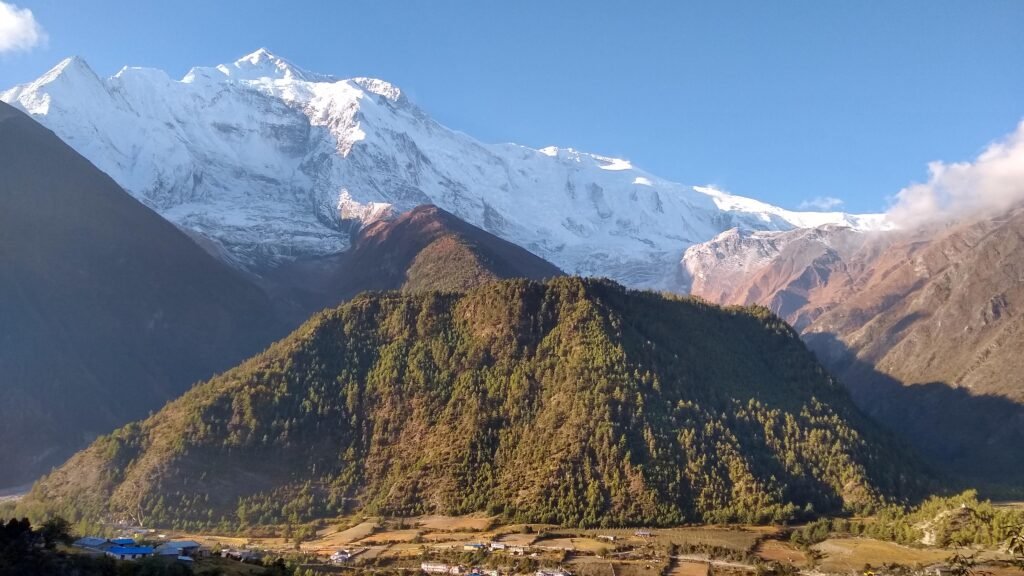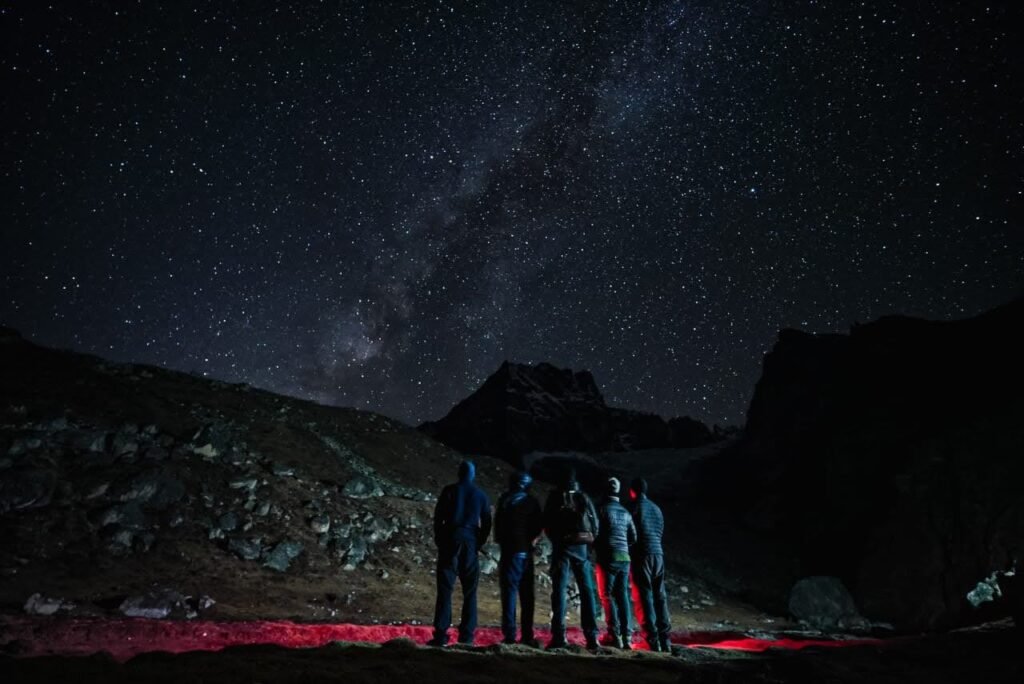As trekkers, we’re always evolving. While the beginner phase is all about discovering the joys of trekking, the intermediate phase is where confidence builds—and where mistakes can creep in unnoticed. Here are some lessons I’ve learned from the trail and the missteps you should avoid as an intermediate trekker.
1. Underestimating the Trek’s Difficulty
It’s easy to become overconfident after a few successful treks. You may feel ready to tackle longer or more challenging routes, but every trek demands respect. Research the terrain, altitude, and conditions thoroughly before you commit. Even trails that seem manageable on paper can throw surprises your way.
Lesson: Never underestimate a trek. Always approach it with humility and proper preparation.
2. Ignoring Altitude Acclimatization
Intermediate trekkers often believe they’re seasoned enough to skip acclimatization days. This can lead to altitude sickness, even on routes you’ve done before. Every ascent is different, and your body may respond differently each time.
Lesson: Respect acclimatization schedules. Your health and safety come first.

3. Packing Too Much or Too Little
Intermediate trekkers often oscillate between extremes: packing too many unnecessary items or underestimating the essentials. This mistake can make your trek unnecessarily strenuous or leave you unprepared for emergencies.
Lesson: Create a checklist of essential gear based on the trek’s requirements. Pack light but smart—carry only what you need.
4. Skipping Physical Preparation
Intermediate trekkers might feel their previous experience makes extra fitness preparation unnecessary. However, every trek tests your stamina, strength, and endurance in unique ways. Neglecting pre-trek training can lead to exhaustion or injury on the trail.
Lesson: Build strength and endurance through regular cardio, strength training, and practice hikes before your trek.
5. Neglecting Hydration and Nutrition
It’s easy to forget to drink water or snack on a trek, especially when you’re focused on the journey. Dehydration and low energy levels can quickly catch up with you, impacting your performance and enjoyment.
Lesson: Stay hydrated and eat energy-rich snacks at regular intervals. Carry water purifiers or tablets to refill your bottle.
6. Not Listening to Your Body
Intermediate trekkers sometimes push themselves too hard, ignoring warning signs like fatigue, pain, or nausea. This can lead to injuries, altitude sickness, or other serious problems.
Lesson: Pay attention to your body’s signals. Rest when needed, and don’t hesitate to turn back if necessary.
7. Overlooking the Importance of Teamwork
As you gain experience, it’s tempting to focus on your own pace and goals, sometimes neglecting the group’s dynamics. Trekking is often a team effort, and cooperation ensures everyone has a safe and enjoyable experience.
Lesson: Stay connected with your group. Offer help when needed and be open to receiving it.

8. Skipping Post-Trek Recovery
After completing a trek, intermediate trekkers might dive straight back into their routine without giving their body time to recover. This can lead to muscle strain or burnout.
Lesson: Prioritize rest, hydration, and nutrition post-trek. Gentle stretching or yoga can help your muscles recover faster.
9. Taking Nature for Granted
Intermediate trekkers sometimes overlook the impact they have on the environment. Littering, taking shortcuts, or leaving campsites untidy can harm the trail and its surroundings.
Lesson: Practice Leave No Trace principles. Respect nature and leave the trail better than you found it.
Final Thoughts
Trekking is as much about growth as it is about adventure. Mistakes are part of the learning process, but by recognizing and addressing these common missteps, you can become a more skilled and mindful trekker. Remember, every trek teaches us something new—and that’s part of the journey’s magic.
So, lace up your boots, pack wisely, and head into the mountains with an open heart and a prepared mind. The trails await, and so do the lessons they hold!


